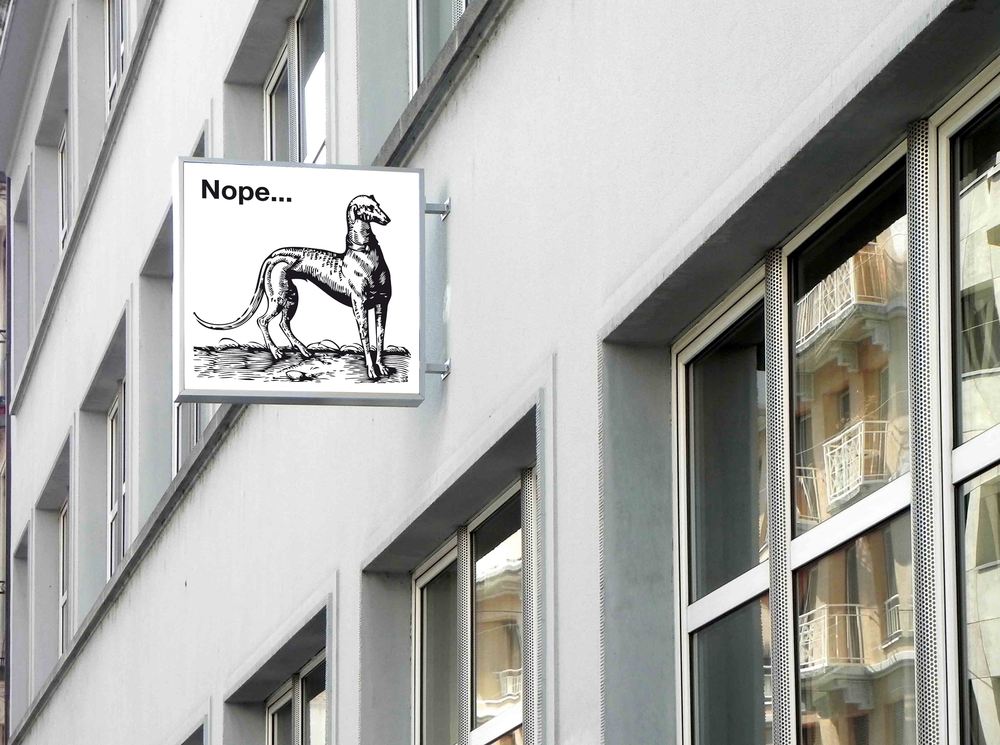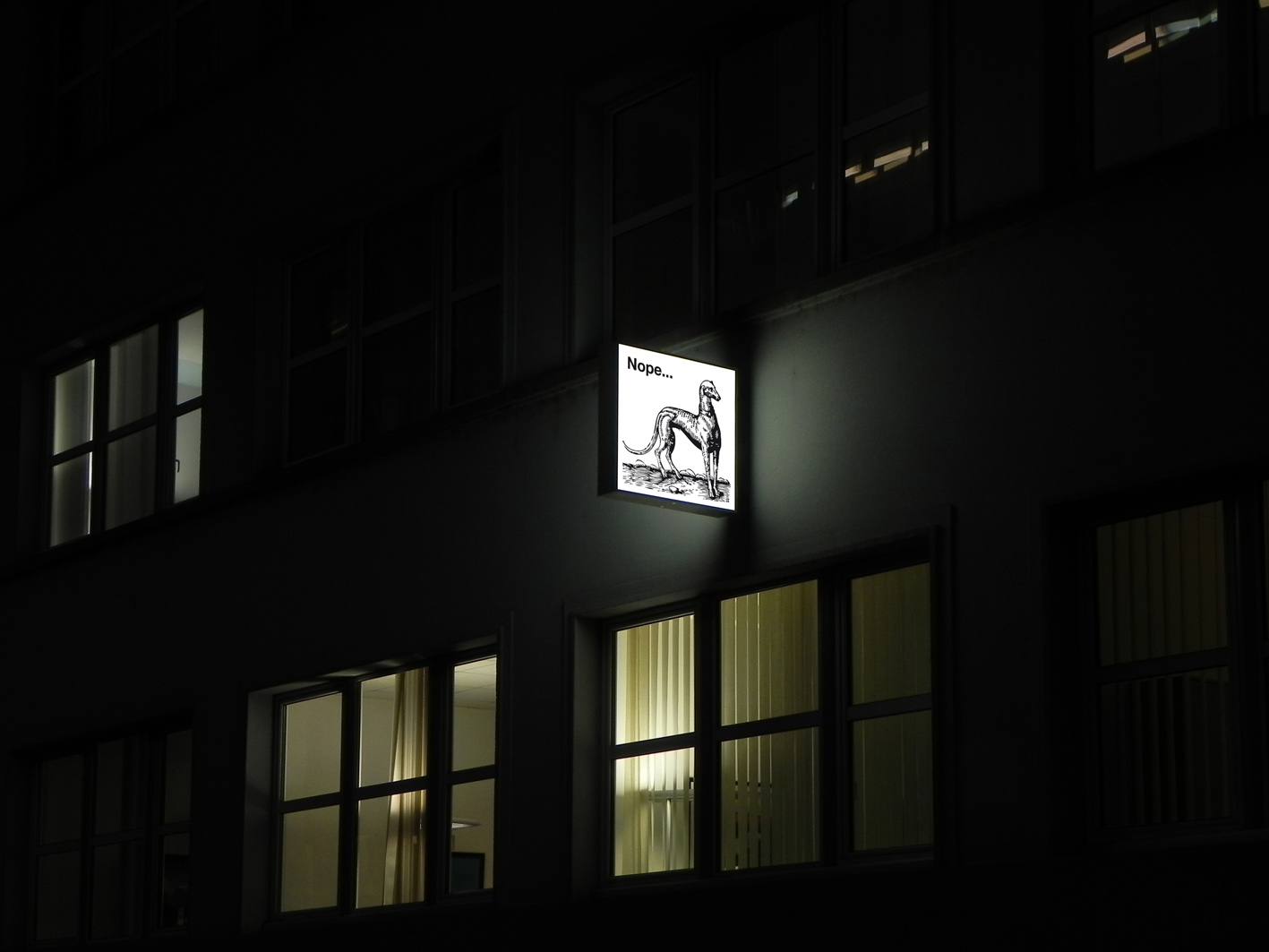| Liam Gillick : September 11 – March 14, 2012 | |||
|
Merten cries out in the last line “Poor Boniface! You are constipated with your holy thoughts and reflections, since you can no longer relieve yourself in speech and writing! O admirable victim of profundity! O pious constipation!” Incomplete, and therefore only open to a partial reading or misunderstanding, the novel is an entryway into Liam Gillick’s work and practice; its final point also open to interpretation as a self-deprecating, comedic reflection on the archetypal struggles of all artists, writers, filmmakers, poets, and others. Gillick’s practice encompasses a wide range of media and activities (including sculpture, writing, architectural and graphic design, film, and music) as well as various critical and curatorial projects, his work as a whole is also marked by a fondness for diversions and distractions, tangents and evasions. The focus of Gillick’ practice is evaluations of the aesthetics of social systems with a focus on modes of production rather than consumption. He is interested in forms of social organization. Through his own writings and the use of specific materials in his artworks, Gillick examines how the built world carries traces of social, political and economic system. As art critic Ina Blom has said, “Artists such as Liam Gillick … no longer address abstraction as the principle for the creation of distinct minimalist objects, but rather try to create through design spaces for open social interaction [artworks] whose actual use is to be constantly redefined within the situation of the exhibition – without necessarily producing relational-aesthetic models of community.” Liam Gillick (Born 1964, in UK) lives and works in New York. |
||
|
|
|||



